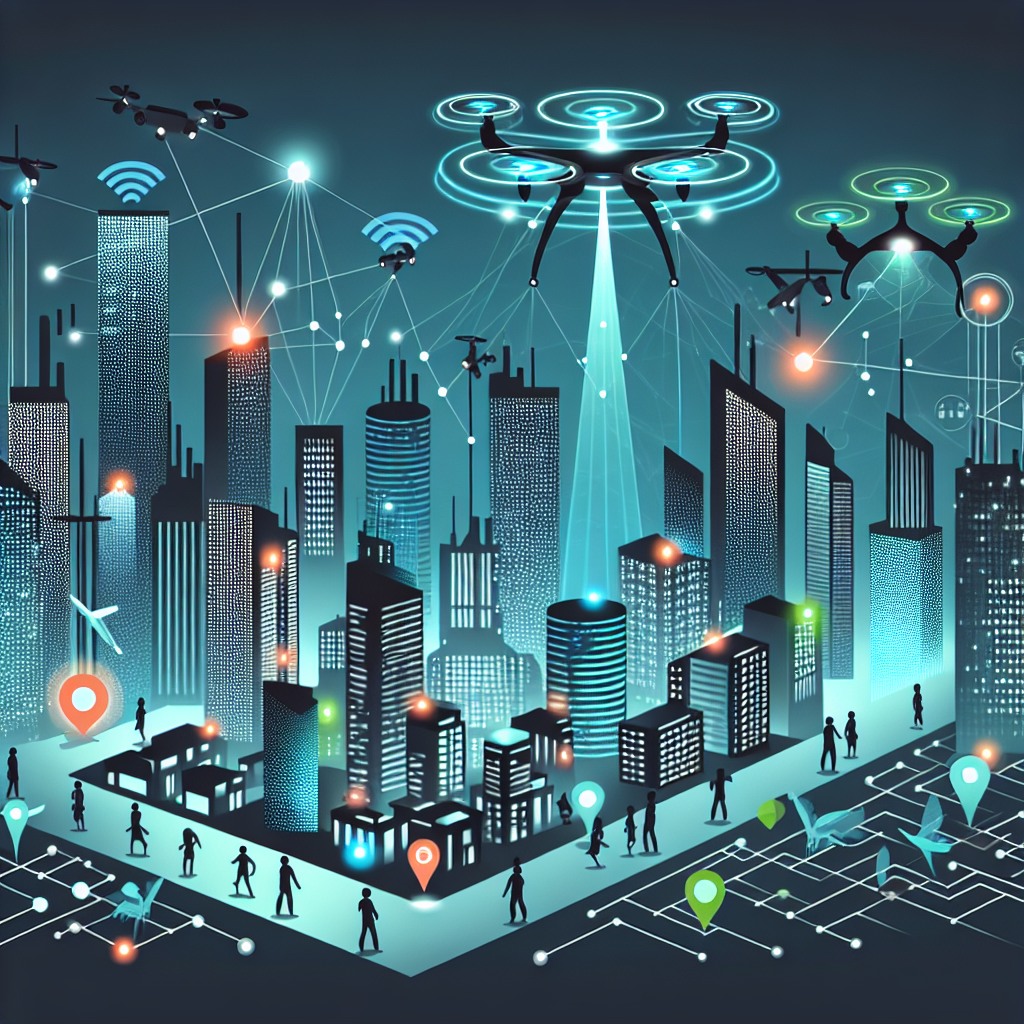The Implications of AGI: How Society will Change with Advanced Intelligence
Artificial General Intelligence (AGI) has long been a topic of fascination and speculation in the field of artificial intelligence. AGI refers to a form of artificial intelligence that possesses the ability to understand, learn, and apply knowledge across a wide range of tasks, much like a human being. While current AI technologies are more focused on specific tasks and functions, AGI represents a level of intelligence that could potentially surpass human intelligence in the future.
The development of AGI has the potential to revolutionize society in countless ways, from transforming industries and economies to reshaping the way we live, work, and interact with each other. As we move closer to the realization of AGI, it is important to consider the implications of this technology and how society will change as a result.
Economic Implications
One of the most significant implications of AGI is its impact on the economy. The widespread adoption of AGI technologies is expected to automate many jobs currently performed by humans, leading to significant changes in the labor market. While some jobs may become obsolete, new opportunities for employment in fields related to AI development, maintenance, and oversight are likely to emerge.
In addition, AGI has the potential to increase productivity and efficiency in various industries, leading to faster innovation and economic growth. However, this could also result in widening income inequality as those with the skills to work with AGI technologies may benefit more than those who do not.
Social Implications
The development of AGI raises important ethical and social questions that must be addressed. For example, how do we ensure that AGI is developed and used in a way that benefits society as a whole? What safeguards need to be put in place to prevent misuse or abuse of AGI technologies?
Moreover, the increasing reliance on AGI for decision-making could have profound implications for issues such as privacy, security, and accountability. How do we ensure that AGI systems are transparent and accountable for their actions? How do we protect individuals’ rights and freedoms in a world where decisions are increasingly made by machines?
Cultural Implications
The rise of AGI is likely to have a profound impact on culture and society. For example, the widespread adoption of AGI technologies could lead to a shift in how we interact with technology and each other. As AGI becomes more integrated into our daily lives, it may change the way we communicate, work, and socialize.
Moreover, AGI has the potential to revolutionize creative industries such as art, music, and literature. AI algorithms are already being used to generate art, compose music, and write stories. As AGI becomes more sophisticated, it could challenge traditional notions of creativity and artistic expression.
Environmental Implications
AGI technologies have the potential to revolutionize how we address environmental challenges such as climate change, resource depletion, and pollution. For example, AI algorithms can be used to optimize energy consumption, reduce waste, and improve environmental monitoring and management.
However, the widespread adoption of AGI technologies could also have unintended consequences for the environment. For example, the energy consumption of AGI systems could lead to increased demand for electricity, contributing to carbon emissions and climate change. It is important to consider the environmental impact of AGI technologies and develop strategies to mitigate their negative effects.
FAQs
Q: Will AGI replace all human jobs?
A: While AGI has the potential to automate many jobs, it is unlikely to replace all human jobs. New opportunities for employment in AI-related fields are likely to emerge, and humans will continue to play a crucial role in areas that require creativity, empathy, and critical thinking.
Q: How can we ensure that AGI is developed ethically?
A: Ensuring ethical development of AGI requires collaboration between researchers, policymakers, industry leaders, and the public. It is important to establish clear guidelines and regulations for the development and use of AGI technologies, as well as mechanisms for accountability and oversight.
Q: What are the potential risks of AGI?
A: The development of AGI raises concerns about risks such as job displacement, privacy violations, security breaches, and misuse of AI technologies. It is important to address these risks proactively and develop strategies to mitigate them.
Q: How will AGI impact education?
A: AGI has the potential to revolutionize education by personalizing learning experiences, automating administrative tasks, and providing new opportunities for collaboration and engagement. However, it is important to ensure that AGI technologies are used in a way that supports and enhances human learning and development.
In conclusion, the development of AGI has the potential to revolutionize society in countless ways, from transforming industries and economies to reshaping the way we live, work, and interact with each other. While the implications of AGI are still largely speculative, it is important to consider the ethical, social, cultural, and environmental implications of this technology as we move closer to its realization. By addressing these implications proactively and collaboratively, we can ensure that AGI benefits society as a whole and contributes to a brighter future for all.

